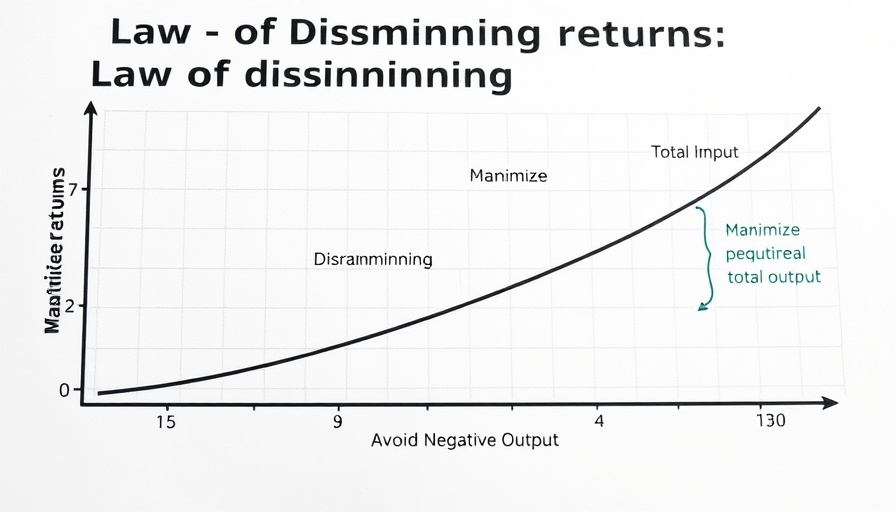
Understanding Perfectionism: Is It Holding You Back?
Perfectionism can often masquerade as a laudable trait, an ambition to excel in all things. For many, the desire for perfection can feel like a driving force, pushing them to achieve to the best of their abilities. However, this relentless pursuit of flawlessness can quickly turn into a crippling force, inhibiting personal growth and fostering an environment of constant dissatisfaction. In Alberta, where the competitive culture may amplify these tendencies, recognizing the signs of perfectionism becomes crucial for leading a fulfilling and healthy life.
Common Signs of Perfectionism You Should Recognize
Many adults may not realize they exhibit perfectionist tendencies. If you often find yourself caught in an endless loop of self-criticism or anxiety over others' opinions, it might be time to reassess your outlook. Here are several common signs:
- Setting unrealistically high standards: You may establish goals that are impossible to achieve, leading to feelings of failure when met with any obstacles.
- Procrastination: The fear of not meeting your high standards could lead to delays in completing tasks, choosing instead to avoid the possibility of failure.
- Intense self-criticism: After completing tasks, rather than acknowledging your accomplishments, you focus solely on what could have been better.
- Fear of judgment: You may avoid sharing your work or participating in group activities out of a fear of being critiqued.
Historical Context: The Evolution of Perfectionism
Historically, perfectionism has been linked to various philosophical and psychological movements. The relentless pursuit of perfection can be traced back to the Industrial Revolution when societal values shifted towards productivity and success. In today’s fast-paced world, particularly in environments like Alberta where community and career success are emphasized, these patterns have intensified, leading to higher instances of perfectionism among adults.
Exploring Counterarguments: Is Perfectionism Always Bad?
Though perfectionism often receives a negative connotation, some argue that it can be beneficial in certain contexts. For instance, striving for perfection can drive innovation and result in high-quality outputs in professional settings. This perspective reminds us that the line between healthy ambition and debilitating perfectionism can sometimes be thin and contextual.
Actions You Can Take to Address Perfectionism
Recognizing perfectionist traits is only the first step; taking concrete actions can lead to a more balanced life. Here are several strategies to consider:
- Set Realistic Goals: Aim for progress rather than perfection. Shift your focus to achievable milestones instead of perfectionist ideals.
- Practice Self-Compassion: Cultivate a kinder inner voice. Treat yourself with the same empathy you would offer a friend facing challenges.
- Limit Comparison: Understand that everyone’s path is unique. Comparing yourself to others can exacerbate feelings of inadequacy.
Emotional Impact: How Perfectionism Affects Well-Being
The emotional toll of perfectionism can be profound. Feelings of anxiety, depression, and dissatisfaction often accompany the need for perfection. For many, this leads to burnout and a cycle of negative self-talk that can be difficult to break. By addressing these feelings head-on, individuals can begin to mitigate the harm caused by these pressures.
Inspiration and Support: Finding Balance
If you identify with many of the traits of perfectionism, know that support is essential. Consider seeking guidance from friends, family, or mental health professionals. Inspirational figures, such as authors and speakers who share their journeys of overcoming perfectionism, can serve as relatable examples that inspire you to embrace imperfection and find balance in your life.
The journey towards overcoming perfectionism may be challenging, but it is undeniably rewarding. By allowing yourself the grace to be imperfect, you can cultivate a healthier mindset and a more fulfilling life. Make today the day you take a step toward embracing your beautifully imperfect self!
 Add Row
Add Row  Add
Add 




Write A Comment